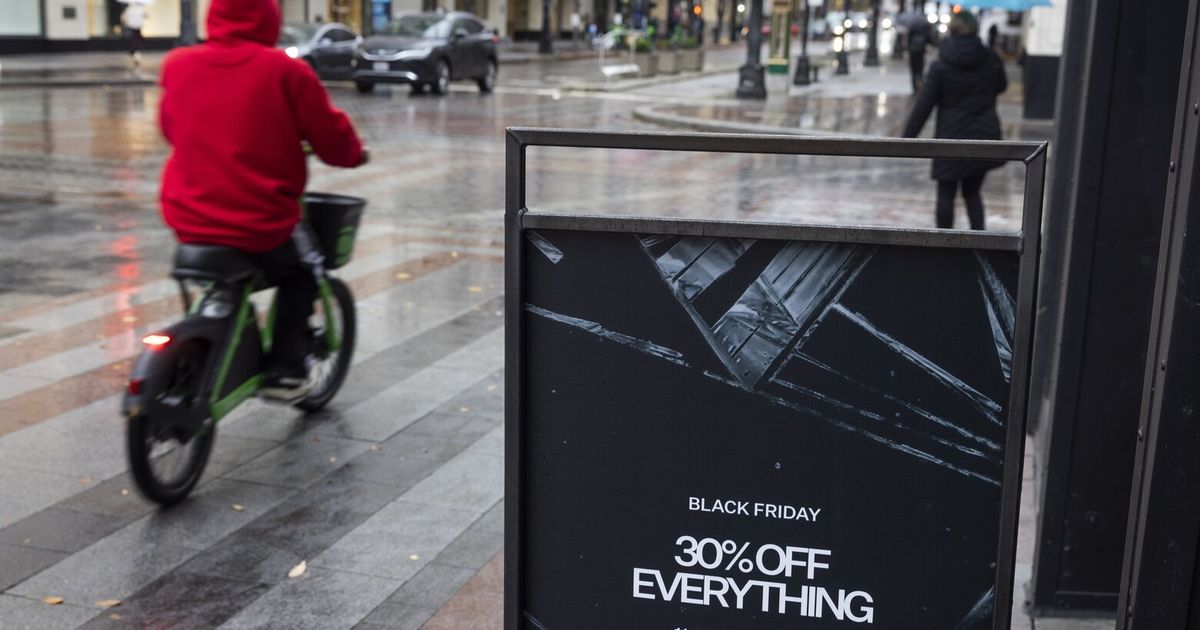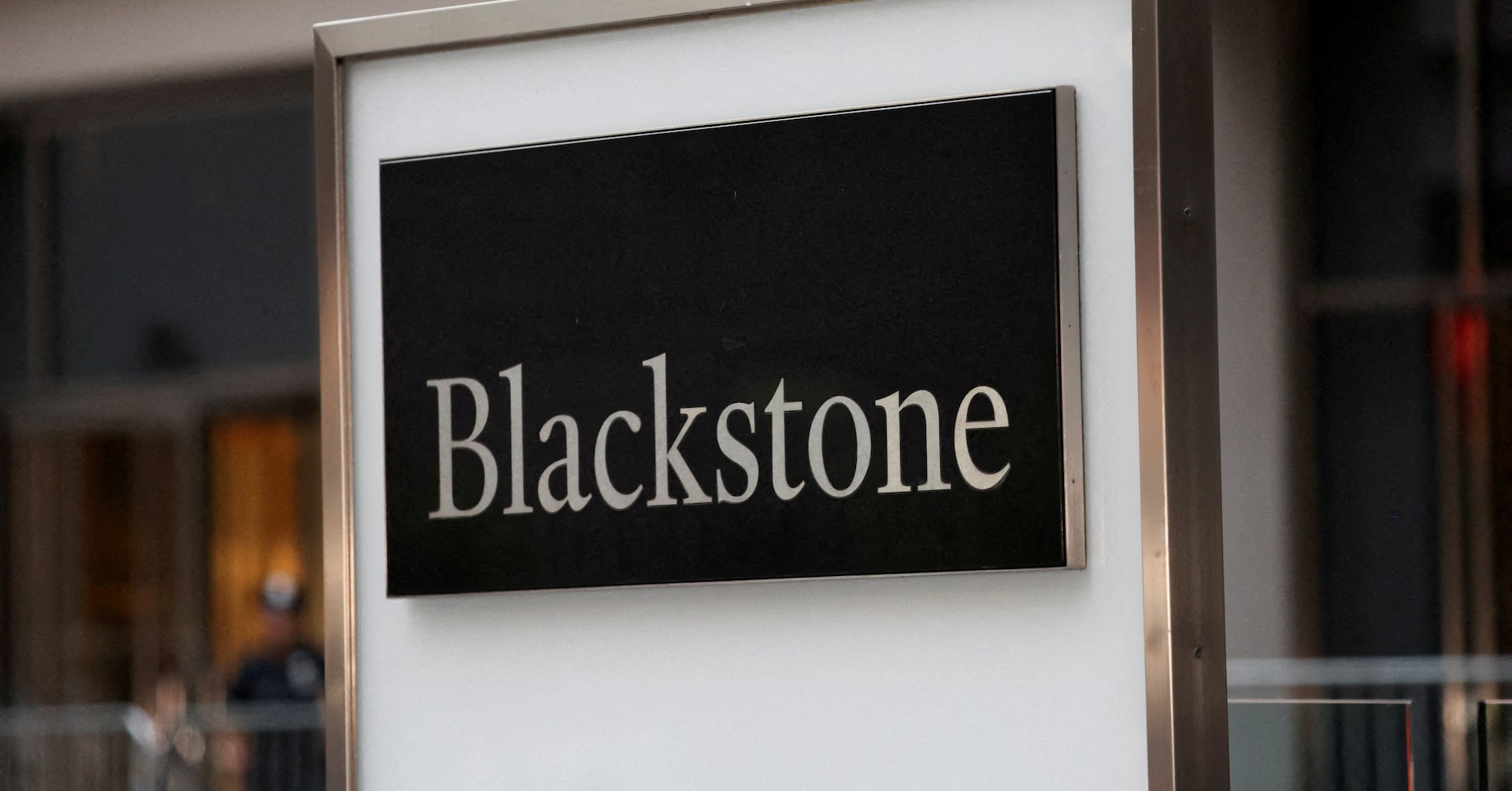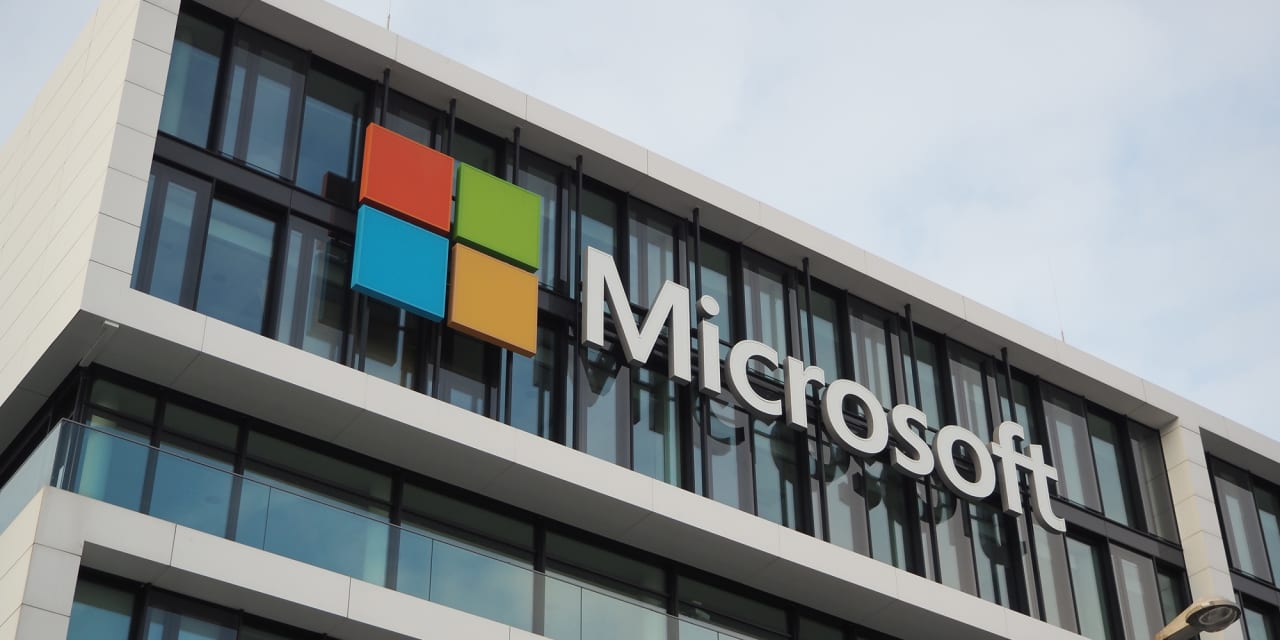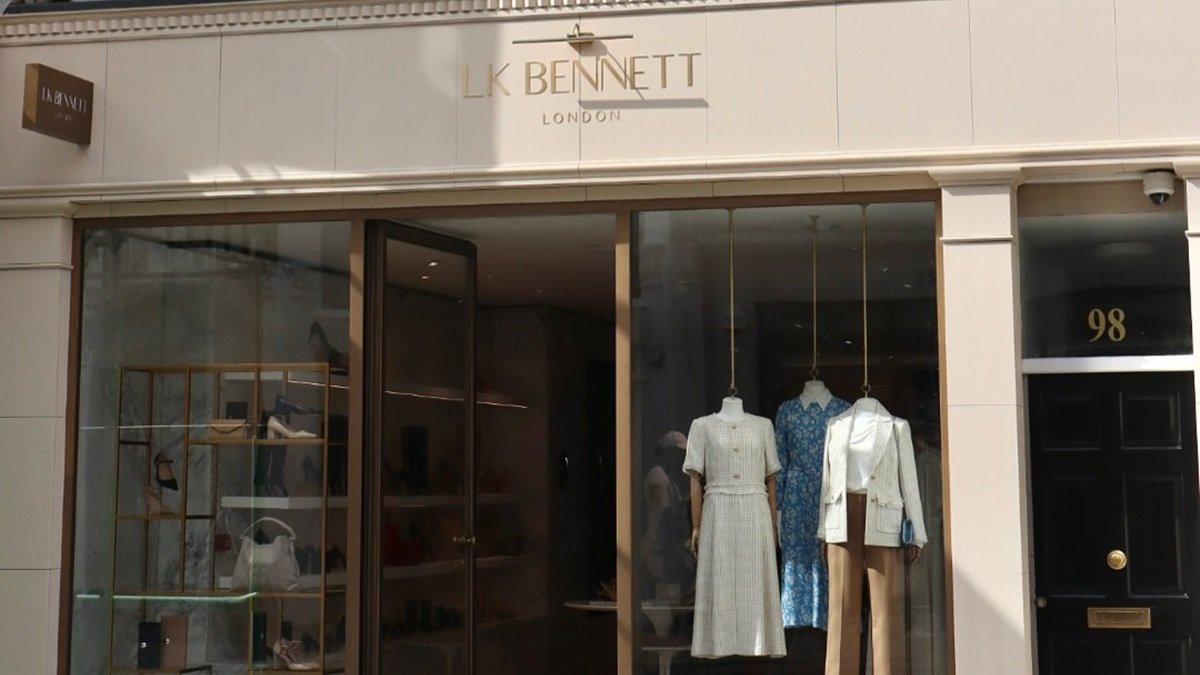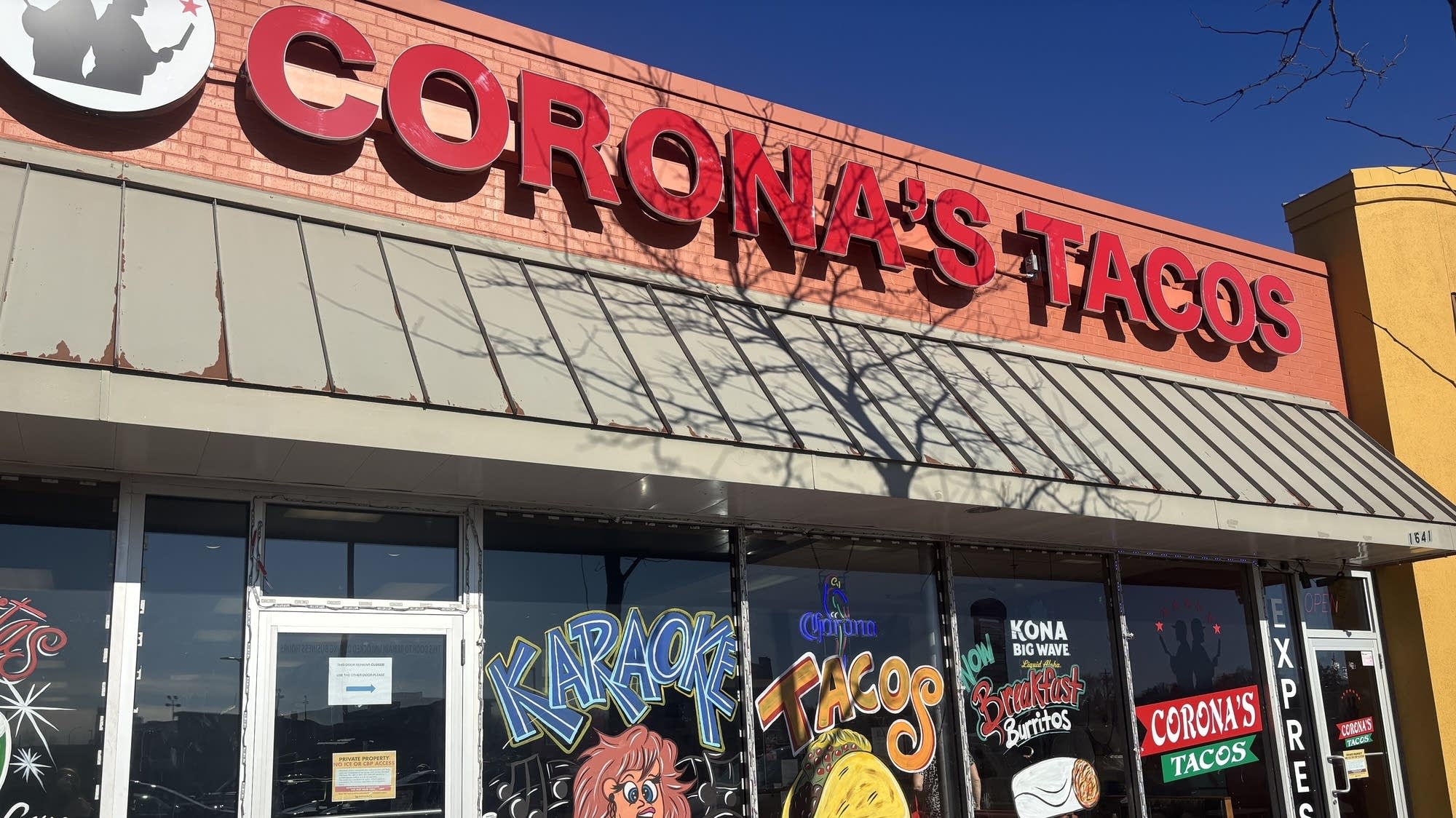Shoppers bundled in sweaters and jackets hurried along the sidewalks of downtown Seattle on an increasingly rare sunny afternoon one week before Thanksgiving.
Toting paper bags from Louis Vuitton and Uniqlo, they hustled past storefronts strung with glittering garlands and faux snowflakes. Blocks of Pine Street businesses had already embraced winter cheer — with mentions of Black Friday notably absent from the landscape.
Though the shopping holiday is here, it doesn’t hold the same oomph for the city’s Central Business District and the surrounding neighborhoods as the Black Friday of yesteryear. While retailers may no longer court hordes of customers on the hunt for post-Thanksgiving deals, they still welcome the boost in business.
Black Friday “used to be a thing,” said Kelly Medina, a 39-year-old Seattle resident.
“People would line up at the stores,” Medina said. “It doesn’t seem to be quite on a massive scale like before. Spending is less special.”
Has the death knell sounded for Black Friday in downtown Seattle? Not yet, according to several businesses, big and small. Local retailers are still prepared to offer discounted goods to online and in-store shoppers, and several are forecasting a busy weekend ahead.
Jake Smidt, general manager of Simply Seattle, depicted Black Friday as “the Super Bowl for retailers — even as trends have shifted.”
Hopes of downtown small businesses
Small businesses in downtown Seattle hold high hopes for this year’s Black Friday turnout.
As of Monday, Pamela Morales, owner of Simple Life, hadn’t yet decided which deals she’d offer to customers later in the week.
Her women’s clothing store at 201 Pine St. usually sees its busiest days between spring and September, so business slows around this time of year.
But “we’re expecting to have a good day for Black Friday,” Morales said in a phone interview.
Black Friday foot traffic has ebbed and flowed in downtown Seattle since 2018, according to the Downtown Seattle Association.
Downtown marked a high in 2019, with over 364,000 visitors tracked on the shopping holiday, though foot traffic fell to a low of about 179,500 in 2020 during the COVID-19 pandemic.
Those numbers gradually climbed to more than 325,400 in 2023, but last year marked another drop in foot traffic to about 324,900, per the Downtown Seattle Association.
Asked whether the shopping holiday is still a big deal for downtown Seattle businesses, Morales answered: “Yes, for sure.”
On the other hand, Smidt, general manager of Simply Seattle, believes the hype for Black Friday has dampened among his downtown neighbors, as “we haven’t seen a ton” of advertising lately.
He helps oversee three retail locations, including the flagship store downtown at 1600 First Ave. and another store on Pier 54 at 1001 Alaskan Way.
“We haven’t seen a significant foot traffic presence for people turning out on Black Friday,” Smidt said.
While in-store business usually stays steady on the shopping holiday, online traffic has jumped since the business launched its e-commerce website within the past five years, Smidt said.
Last week, Simply Seattle went live with its Black Friday sale “earlier than we ever have online,” he said. The deal will only apply in stores on the holiday.
Smidt believes the pandemic shifted consumer purchasing habits, pushing people toward online shopping. Findings by the U.S. Department of Commerce back that claim, with retail e-commerce sales growing around the world since 2019.
Simply Seattle, which sells local sports apparel and Pacific Northwest souvenirs, has responded to online demand by shipping orders within 24 hours in a bid to compete with Amazon, Smidt said.
Several factors give him a rosy outlook about this year’s Black Friday performance. The University of Washington Huskies play at home on Saturday, which will likely provide Simply Seattle with a “healthy sales bump,” Smidt said in a phone interview.
On Sunday, the Seahawks face off against the Minnesota Vikings at Lumen Field, and the UW Medicine Seattle Marathon takes place, ending at Pier 66 on the downtown waterfront.
“I’m optimistic we’ll see increased traffic down in the stores this year,” Smidt said. “Just with the holidays and the football teams both playing really well, there’s going to be a lot of people out and about that whole weekend, so we’re forecasting a pretty strong sales weekend.”
National projections about Black Friday spending show a mixed bag.
This year’s Deloitte Holiday Retail Survey said 82% of shoppers plan to make purchases on Black Friday through Cyber Monday — a slight year-over-year increase from 79%. Those consumers are sticking to an average budget of $622, which is more modest than $650 in 2024.
“We’ve got this value-seeking consumer that’s really looking for promotions, and they’re willing to spend when there’s a good discount to kind of help stretch their budget,” said Lupine Skelly, a retail research leader based out of Deloitte’s Seattle office.
Generation Z — those born between 1997 and 2012, per Pew Research Center — showed up “big time” throughout the survey, Skelly said. “The digitally native younger generations, and especially Gen Z, are embracing the in-store Black Friday again.”
Younger survey respondents pinpointed two reasons: excitement for the day and spending time with friends and family, Skelly said.
She ultimately feels that Black Friday isn’t dead: It’s evolved.
Despite the shifts, Smidt is eager to embrace the holiday buzz.
“As far as volume of orders and just general hustle and bustle around our warehouse, we’re definitely busier now than any other time of the year,” he said. “Early indications show a pretty strong holiday showing.”
Like many businesses, Simply Seattle has also had to navigate a major hurdle: President Donald Trump’s tariffs.
The Seattle-based stores import blank garments from China, Mexico and Honduras, along with other Southeast Asian and Central American countries. They complete production in the U.S.
Though costs jumped earlier this year due to tariffs, they’ve since stabilized, Smidt said. Simply Seattle has avoided passing those increases onto customers.
“Tariffs were pretty tricky,” Smidt said, but “our prices were able to stay pretty stable.”
‘A cornerstone event for us’
A few large chains in downtown Seattle embrace Black Friday for its recurring windfall each year.
On a stretch of street devoid of Black Friday advertising, one lonely sign marketing post-Thanksgiving deals stood on the sidewalk in front of the Pandora storefront, 517 Pine St.
Two large posters hung in the windows, emphasizing the 40% discount.
“Black Friday is a cornerstone event for us in this period, driving significant traffic and sales across all our markets,” a Pandora spokesperson said in a statement. “During peak season, Pandora sells more than half a million pieces of jewelry every day — that’s seven pieces per second.”
Headquartered in Copenhagen, Denmark, the jewelry chain has boosted staff by 10% across its 2,700 stores “to support the surge in visitors,” the spokesperson said. Pandora has also introduced mobile payment systems to its brick-and-mortar locations to cut wait times in line.
Seattle-based Nordstrom’s flagship location, 500 Pine St., didn’t promote Black Friday deals to passersby.
Still, “Black Friday is very important to us,” a company spokesperson said, “not only as an opportunity to offer our customers great deals both online and in our stores, but to invite customers to experience the magic of the season with us in person.”
Nordstrom has offered online and in-store Black Friday sales since Nov. 19. Nordstrom Rack, its off-price department store chain, launched its online deals Tuesday and began offering them in stores Wednesday.
Black Friday serves as the catalyst for several events at the Seattle department store this year, including the unveiling of an interactive holiday experience, with the retailer largely targeting Christmas shoppers.
Two big names in the outdoor retail sector are continuing their tradition of snubbing Black Friday.
REI, which is headquartered in Issaquah, announced in 2022 that it made the permanent decision to shutter its locations on Black Friday and pay its workers to enjoy the outdoors instead.
The co-op’s Seattle flagship store, 222 Yale Ave. N., is in South Lake Union.
Another company confirmed it won’t participate in the post-Thanksgiving holiday buzz either:
“We don’t buy into Black Friday being a holiday, and we have never put on a Black Friday sale,” Patagonia spokesperson Nathan Yamaguchi said in a statement.
The retailer has a Belltown location at 2100 First Ave. Yamaguchi notes that “traffic ramps up considerably during the holidays,” particularly as patrons stop by to repair outdoor gear before winter.
“We instead urge our customers to think about purchasing mindfully, to buy used if they can and, if they must buy new, to purchase fewer high-quality products,” he said.
Since 2022, Patagonia has operated under the ownership of the Patagonia Purpose Trust and the Holdfast Collective.
“Each year, profits that are not reinvested back into the business will be distributed by Patagonia as a dividend to the Holdfast Collective to help fight the climate crisis,” the company explained in its announcement at the time. “The company projects that it will pay out an annual dividend of roughly $100 million, depending on the health of the business.”
Patagonia customers have one month left to secure slightly lower prices at the chain store before they feel the impact of tariffs.
“Making decisions regarding tariffs is highly complex given the lack of certainty for all of us in the outdoor apparel industry,” Yamaguchi said, “but we do anticipate raising our retail prices by an average of 5% next spring.”

